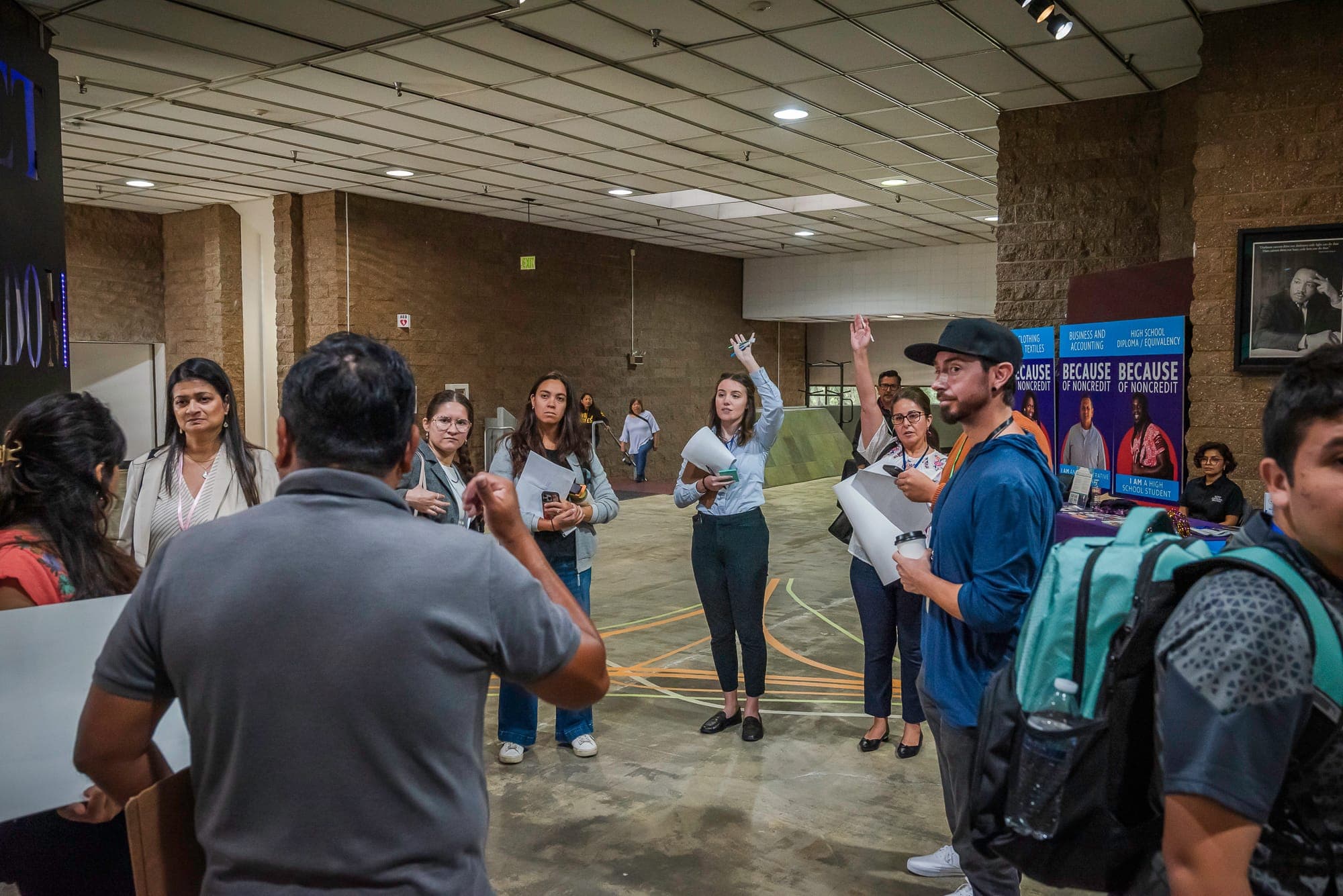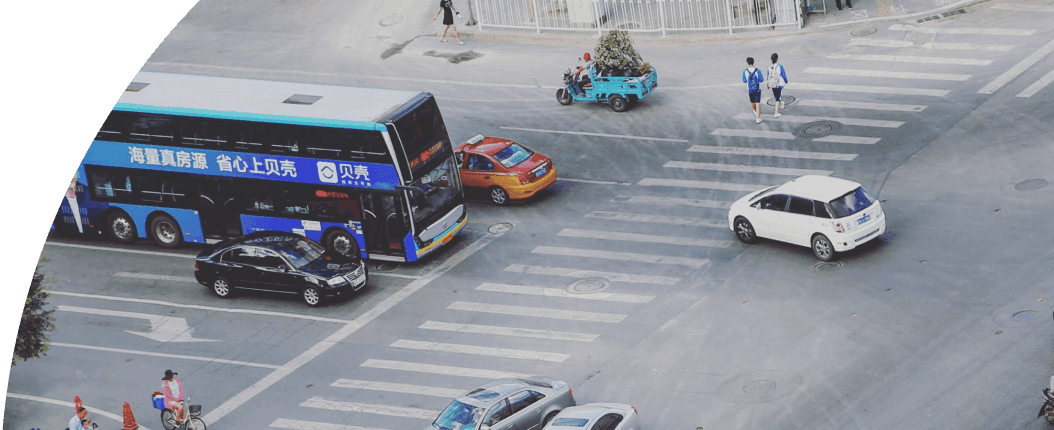
News
By Michael Ryan, October 28, 2014

Cable car tracks in San Francisco, CA. Image by Prayitno, via Flickr.
Last week in Oakland, CA, Smart Growth America’s Local Leaders Council hosted a special track for local elected and appointed officials during the Leadership Academy for Sustainable Communities. Organized by the Institute for Sustainable Communities and sponsored by the US Department of Housing and Urban Development (HUD), the three-day workshop emphasized implementation strategies for recently completed regional sustainability plans. One dozen communities sent teams to the event, including local leaders seeking to help their communities achieve the visions outlined in their sustainability plans.
The Local Leaders Council–hosted track focused on developing an effective policy agenda that supports regional vision, building coalitions and partnerships to help move that vision forward, and talking publicly about sustainability and infrastructure issues in ways that highlight local priorities. One of the primary takeaways was the need for a big-tent approach.
“Establishing a relationship with everybody, no matter what side of the aisle they’re on, is an important step in the process,” said Commissioner Yousef Rabhi of Washtenaw County, MI. Leaders in the room agreed that working toward a joint regional vision requires going beyond partisan thinking and keeping focused on positive, relatable economic and quality-of-life goals.
Leaders also discussed community engagement strategies for sustainability plan implementation, like creating resident-and-stakeholder working groups to allow for deeper discussions on critical issues and collaboration to overcome differences. “Engaging opinions of those who don’t agree makes your argument stronger,” asserted West Des Moines, IA City Manager Tom Hadden.
The participating teams represented communities that were awarded regional planning grants by HUD’s Partnership for Sustainable Communities project. Public officials, non-profit leaders and business stakeholders from the following communities joined the workshop:
- Buffalo/Niagara Region, NY
- Charlotte Region, NC
- Denver Region, CO
- Greater Des Moines, IA
- Guayanilla-Peñuelas, Puerto Rico
- Fremont County, ID
- New Hampshire
- San Francisco Bay Area, CA
- Southern Nevada
- Spokane Indian Reservation, WA
- Washtenaw County, MI
- City of West Sacramento, CA
“What’s key is seeing what other communities are doing in size and scale. Looking at similar policy success has been instrumental for us,” said Amanda Edmonds, presumptive Mayor of Ypsilanti (running unopposed in the November 2014 election). While the workshop provided a forum for an exchange of lessons and advice among communities, Edmonds highlighted the need to see best practices and successes from comparable communities.
In regions with diverse economic, social, and geographic factors, said participants, sustainability is often less than a headline issue. Some leaders noted that aging in place was a key goal in their region; for others, economic competitiveness was a high priority.
Much of the discussion focused on the terminology of sustainability—which, participants said, can often be misapplied or misinterpreted, making frequent and proactive public dialogue critical. For example, while the term “density” often carries both positive and negative connotations, the concept of strategically upping density in designated areas to increase housing and transportation choices, attract new jobs, and save open space is less black-and-white—and may often address the concerns of groups hoping to preserve lower-density neighborhood character.
The workshop was designed to assist communities transitioning from planning to implementation. Across three days, it also became a place for leaders to speak with officials from other regions and find new allies in other parts of the nation. Smart Growth America’s Local Leaders Council will continue to provide a networking forum that showcases successes in smart growth implementation.
Neha Bhatt contributed to this post.
Related News

© 2025 Smart Growth America. All rights reserved
Site By3Lane Marketing








